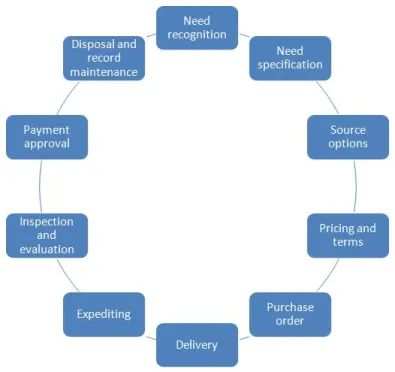Comparing the Best Pre-Employment Assessments: Which One Fits Your Needs?
- Jul 11, 2024
- 2 min read
Hiring the right talent is critical for any business, and pre-employment assessments are powerful tools that help in this process. With various types of assessments available, choosing the right one can be challenging. This blog compares some of the best pre-employment assessments to help you determine which one fits your needs.
1. Cognitive Ability Tests
Overview
Cognitive ability tests measure a candidate's general mental capacity, including reasoning, problem-solving, memory, and verbal and mathematical skills.
Best For
Positions Requiring Problem-Solving Skills: Such as engineering, IT, and analytics.
Entry-Level Roles: Where candidates may not have significant work experience.
Popular Tools
Wonderlic Personnel Test
Criteria Cognitive Aptitude Test (CCAT)
Pros
Predicts job performance and potential for complex roles.
Provides a quick snapshot of a candidate’s cognitive abilities.
Cons
May not be suitable for all job roles.
Can be stressful for candidates, affecting performance.
2. Personality Tests
Overview
Personality tests evaluate traits such as extroversion, agreeableness, conscientiousness, emotional stability, and openness to experience.
Best For
Customer-Facing Roles: Such as sales and customer service.
Team-Based Environments: Where interpersonal skills are critical.
Popular Tools
Myers-Briggs Type Indicator (MBTI)
Big Five Personality Test
Pros
Helps in understanding a candidate’s fit within a team and company culture.
Can reduce turnover by ensuring candidates are suited to the role.
Cons
Not always a predictor of job performance.
Can be perceived as intrusive by some candidates.
3. Skills Tests
Overview
Skills tests assess a candidate's ability to perform specific tasks related to the job, such as typing, software proficiency, or technical skills.
Best For
Technical Roles: Such as IT, accounting, and marketing.
Hands-On Jobs: Where specific skills are necessary.
Popular Tools
Prove It! Skills Testing
TestGorilla
Pros
Directly measures job-related skills.
Provides a clear indication of a candidate’s ability to perform tasks.
Cons
May not account for learning potential.
Can be time-consuming to administer.
4. Emotional Intelligence (EI) Tests
Overview
EI tests measure a candidate's ability to recognize and manage their own emotions and those of others.
Best For
Leadership Roles: Where managing people is essential.
High-Stress Jobs: Such as healthcare and emergency services.
Popular Tools
Emotional Quotient Inventory (EQ-i)
MSCEIT (Mayer-Salovey-Caruso Emotional Intelligence Test)
Pros
Correlates with leadership and teamwork success.
Helps in predicting workplace behavior and relationships.
Cons
May not be suitable for all job types.
Can be subjective in nature.
5. Situational Judgment Tests (SJTs)
Overview
SJTs present hypothetical work scenarios to candidates and ask them to choose the best response from a list of options.
Best For
Customer Service Roles: Where problem-solving and decision-making are crucial.
Management Positions: Where handling complex situations is common.
Popular Tools
Cappfinity
SHL Situational Judgment Tests
Pros
Simulates real-life job scenarios.
Assesses practical, job-related decision-making skills.
Cons
Can be challenging to design effective scenarios.
May not cover all possible job situations.
Conclusion
Selecting the right pre-employment assessment depends on the specific needs of your organization and the roles you are hiring for. Cognitive ability tests are ideal for roles requiring strong problem-solving skills, while personality tests are beneficial for team-based environments. Skills tests provide a clear measure of job-related capabilities, whereas emotional intelligence tests are crucial for leadership positions. Situational judgment tests simulate real-life scenarios to assess practical decision-making skills. SITES WE SUPPORT
SOCIAL LINKS



It's fascinating how often the foundational role of deep self-awareness in personal and professional growth gets discussed, yet its practical application can be elusive. While many acknowledge the benefits of understanding one's own emotional landscape, truly measuring and gaining objective insights into it remains a significant challenge. This often leaves individuals wondering how to move beyond conceptual understanding to actionable self-improvement. For anyone looking to gain clarity, finding a reliable emotional intelligence assessment can be an invaluable next step.